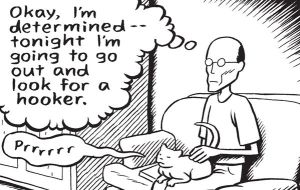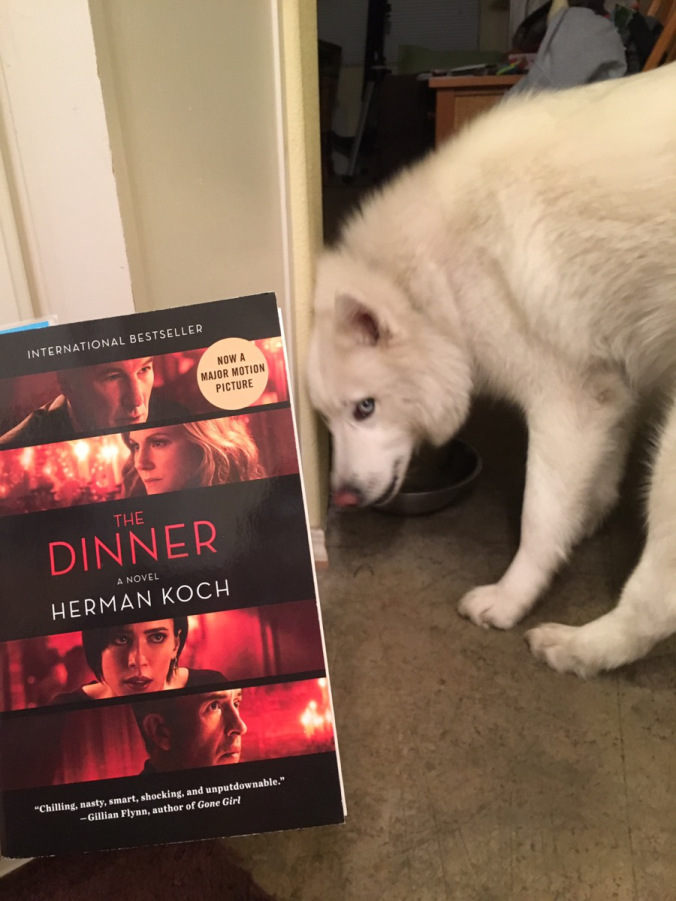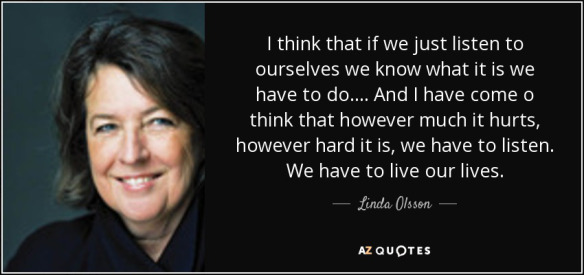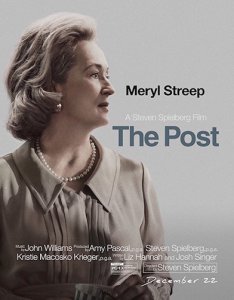 I have always preferred watching movies alone. There’s something so calming about being able to absorb a movie in solitude. You can react however you want. You can adjust the volume to your ears’ content. There’s no risk of the silence being broken by conversation.
I have always preferred watching movies alone. There’s something so calming about being able to absorb a movie in solitude. You can react however you want. You can adjust the volume to your ears’ content. There’s no risk of the silence being broken by conversation.
But there are some movies you just have to show someone. You want to watch them watch the movie.
So it is with Steven Spielberg’s The Post.
Warning: Spoilers ahead for The Post.
The Post is about a lot of things: freedom of the press, the dangers of a secretive government, the Vietnam War, understanding that those in power are not your friends.
But The Post is mainly a character study of Katharine Graham who, following the suicide of her husband, was thrust into the role of publisher of The Washington Post. Graham’s father had passed the paper down to her husband in a choice that felt absolutely natural, according to the film. When Graham became the publisher, it was the first job she had ever held.
It’s incredible to watch journalists track down their sources. It’s great to watch the Post reporters dig through the Pentagon Papers and pull out the most newsworthy information. It’s even exciting to watch the printing presses prepare the next day’s news.
But the real thrill of the movie is seeing Graham take control of the paper and prove to the men who have doubted her abilities that she is the right person to lead The Washington Post.

I’ve been fortunate enough to be able to screen the movie at home, so I decided to show The Post to my grandma. She was born a decade after Graham, so she, too, grew up in a world where women’s contributions far too often weren’t acknowledged. (And, while things have gotten somewhat better, we hardly live in a world where this is no longer the norm.)
Watching The Post with my grandma was like watching Star Wars with a room full of kids who were seeing Luke, Leia, and Han for the first time. From the moment Graham decides to publish in that expertly shot, tense seven-way phone call, my grandma was solidly on board.
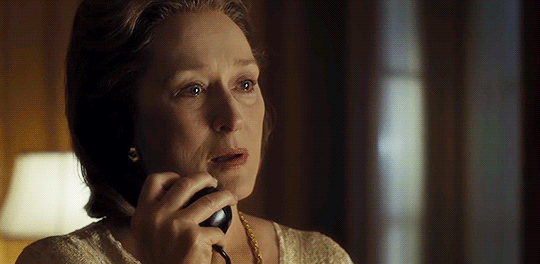
When Graham makes her decision—”Let’s go, let’s go, let’s publish”—my grandma yelled back, “Good for you, girl!”
Later, when new information regarding the source of the documents comes to light, Graham must again decide whether she wants to risk publishing the Pentagon Papers. The potential consequences: ruin for her family’s paper and the possibility of going to jail.

Surrounded by men who are, for the most part, trying to commandeer her decision, Graham must make the call.
Arthur Parsons, a particularly risk-averse member of her board, uses all the tricks in the book to make Graham decide against publishing. He mansplains the legacy of the paper to her (a paper that had been in her family since the 1930s). He explains that, while he could support her previous decision to publish (he did not), now such a decision would be reckless. He gaslights her by reasoning with those around her, trying to make her come off as the illogical one.
Graham, in the caftan of the decade, shuts him down.
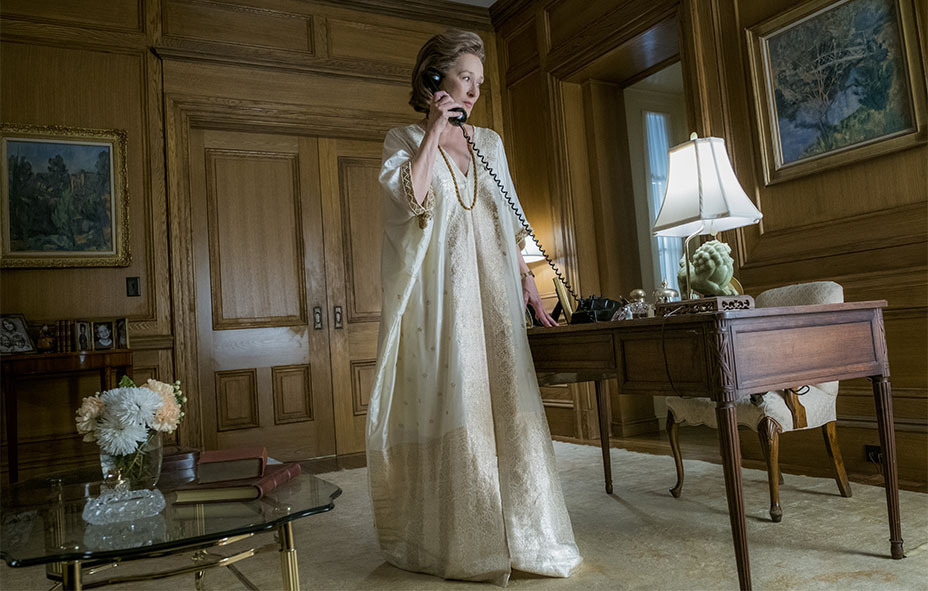
Graham turns to Parsons and informs him that the paper is no longer her father’s, and it is no longer her husband’s. “It’s mine!” my grandma shouted before Graham herself could. Graham’s fight had become hers.
There is also something so truly exhilarating about watching a woman in power who embraces her femininity. Having Graham appear in her gold caftan, adorned with a drooping necklace, is one of the film’s finest moments. Too often, we push leaders to embrace masculine characteristics. I was reminded of Laura Dern’s character in Star Wars: The Last Jedi. Dern noted that the decision to make Amilyn Holdo distinctly feminine and elegant in her appearance was an intentional move by her and director Rian Johnson.
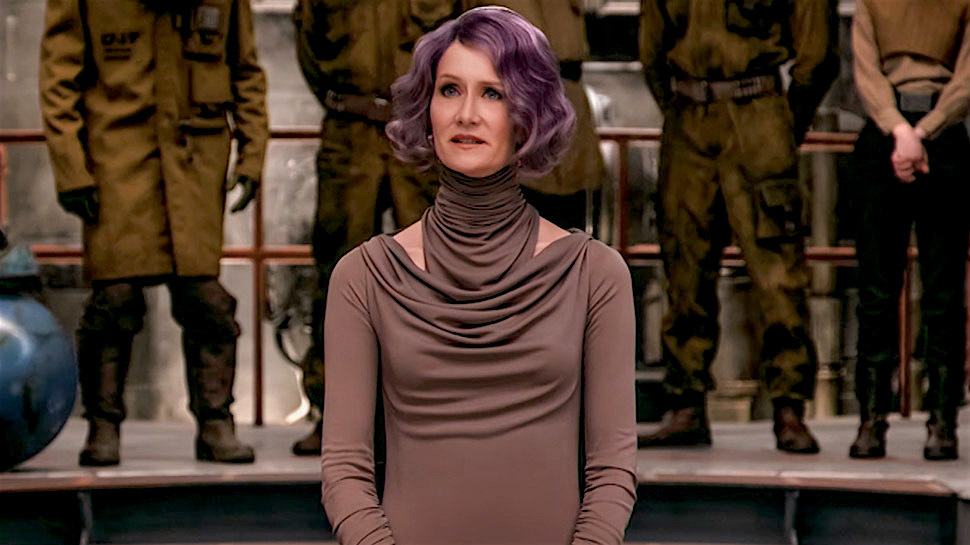
(That being said, most things can remind me of Laura Dern. But there is likely a future post coming about feminine leadership in movies.)
And, as much as I want to relate to Graham and empathize with her struggle, it is truly women of Graham’s generation who understand the risk of being a woman in a man’s world. When Tony Bradlee explains to her husband why the decision to publish is braver for Graham than it is for him, my grandma nodded along, silently confirming everything she was saying.
It’s a beautiful thing when you can share something you love with someone you love. For me, sharing The Post with my grandma was one of those sublime experiences, where the excitement of what was happening on screen trickled into the environment off screen. There aren’t many movies about women who, decades ago, were willing to challenge the status quo and take charge, all while embracing—rather than suppressing—their femininity. Representation matters, whether you’re 18 or 88.
May 2018 be filled with movies that make our moms and grandmas cheer, applaud, and feel seen.
Share this: